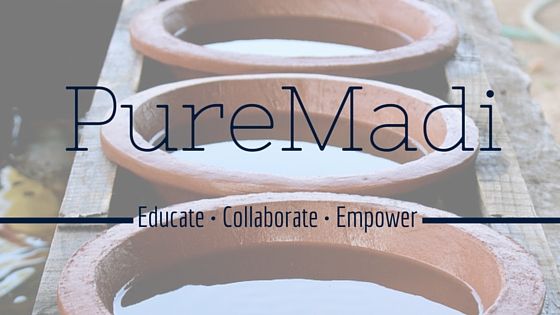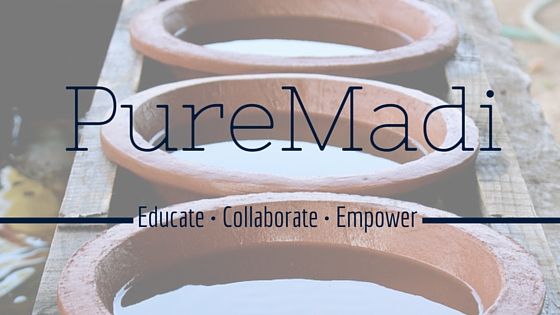Water Purification Start-Up PureMadi Aims To Help Billions Of People Access Drinking Water

Water Purification Start-Up PureMadi Aims To Help Billions Of People Access Drinking Water. In response to the global health crisis concerning clean water, PureMadi designed an inexpensive point-of-use water filter with the potential to help billions of people throughout the world purify their drinking water, and thus prevent water-quality related disease and death.

According PureMadi water is essential for human health, and consistent access to safe drinking water is a significant global problem. Despite the availability of various water-treatment products, approximately 1.8 billion people drink water that is contaminated with waterborne pathogens. Consumption of unsafe water results in 1.2 billion cases of illness and 2.2 million deaths per year. PureMadi’s mission is to prevent waterborne disease through educating, training, and empowering resource-limited communities to produce and distribute an innovative point-of-use water technology. PureMadi works at the intersection of water, societal, and human health disciplines.
The company operates two ceramic water filter facilities in South Africa working to educate people about the global water crisis, collaborating with locals, and empowering people to bring solutions to their own communities. The facilities employ local South Africans to produce and distribute ceramic water filters. In 2012, PureMadi partnered with UVA, the University of Venda (UniVen) in Thohoyandou, South Africa, and Rotary International to open its first facility in Limpopo, South Africa. In 2015, PureMadi established a second facility in partnership with Khulisa Social Solutions, a South African NGO, in Gauteng, South Africa.
PureMadi uses a simple, yet effective method to manufacture ceramic water filters. The company’s methods use low-cost local materials (clay, water, sawdust) that are readily available and a manufacturing process that can be performed with local labour. This empowers local communities and helps to minimise filter production costs and pricing. The technological innovations used in its filter-making process were developed by many people from many organisations over the past 15-20 years.




